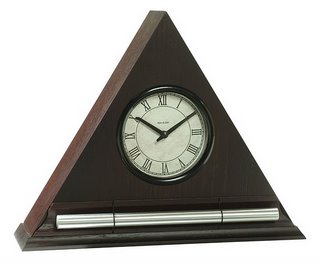
finding balance
Myth: You must be in control.
Truth: Real balance means being in flux.
At the circus, all eyes are on the tightrope walker. Why? Because where there’s balance, there’s also tension and risk. The tightrope walker’s talent and skill resides not in her ability to defy gravity, but in making the hundreds of subtle, incremental readjustments to account for imbalance. In the same way, our ability to achieve balance is in learning to reestablish it when forces put it to the test.
This is why stability alone is not balance. The more we cling to things (circumstances, people, possessions) to hold us in balance, the less we rely on our internal strength and flexibility to adapt. And because balance is not a fixed point, but always moving forward, we need to move forward, too. This can mean embracing change and allowing ourselves to evolve.
Moving to a new city, letting go of an old relationship, or losing a job are potential triggers for imbalance, and any one of them has the potential to throw you off your axis, causing stress, exhaustion, or anxiety. Balance comes when we adapt to change, rather than try to resist it. But you can start small: Encourage and practice smaller-scale changes in your life so that you’re better prepared to handle the bigger ones.
adapted from Body + Soul

zen chime clocks, tools for well-being
Now & Zen
1638 Pearl Street
Boulder, CO 80302
(800) 779-6383
Posted in mindfulness practice, Well-being